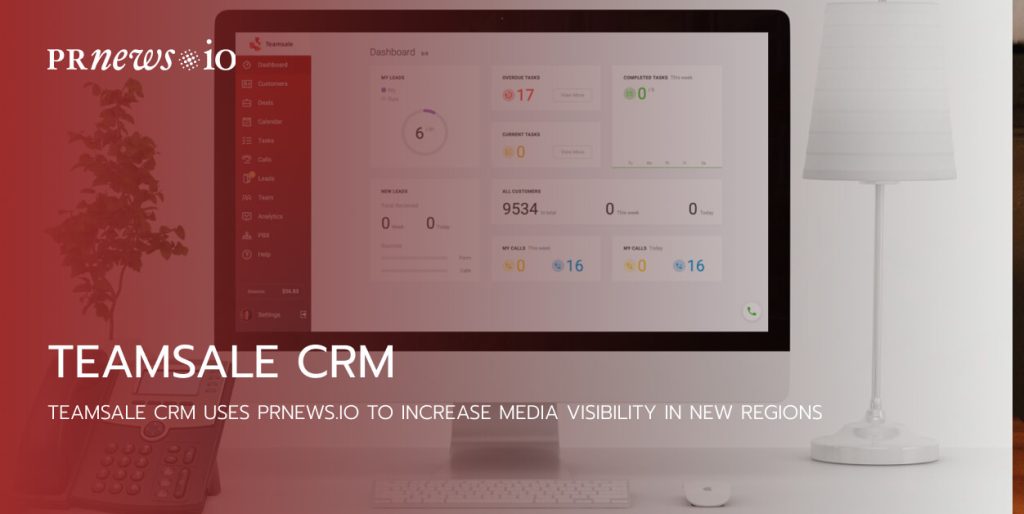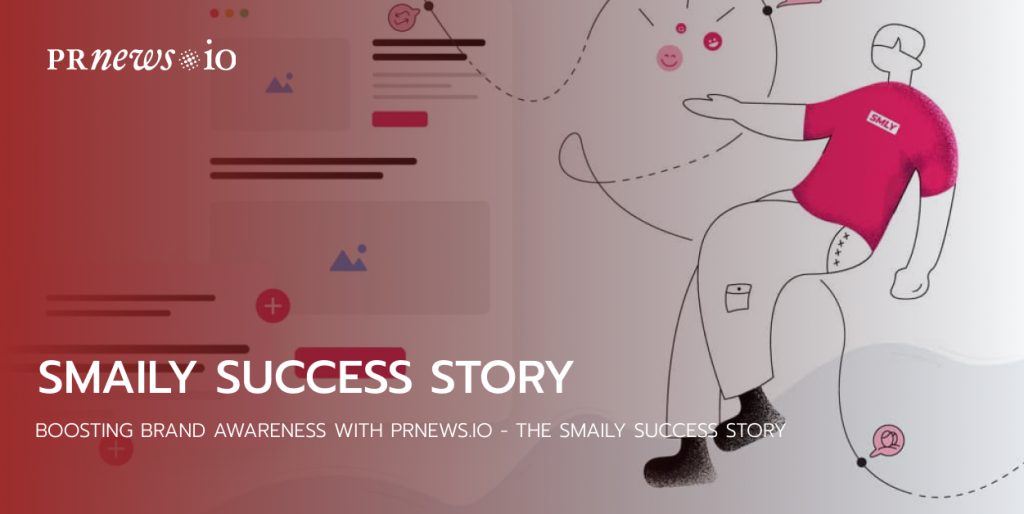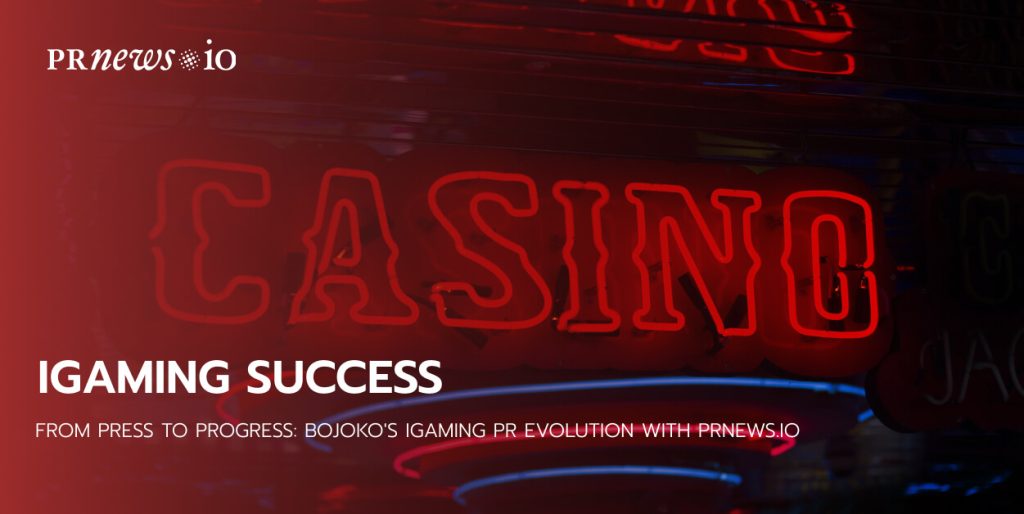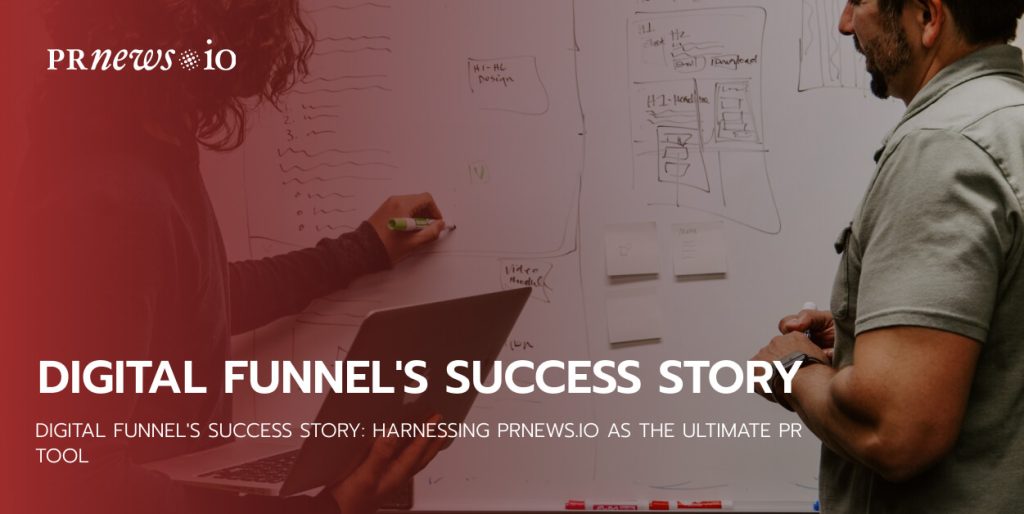The United States of America has a long and successful history of inviting foreigners to its territory, especially those with a business project and a dream of success. Immigrants are gaining a growing number among entrepreneurs for starting their businesses. While the government has made it overall more complicated to get a US startup visa or a US founder visa, there are still many options to obtain it and start your new life there.
Are you interested in launching your business in the USA? Navigating U.S. immigration laws is not easy. It’s a rather complicated process, especially for people who are already busy running their business. Your additional source of advice may be a reliable immigration lawyer. But, here’s important information about startup visa options, their requirements, and other terms. Check out this comprehensive guide on the visa categories available so that you can immigrate to the U.S.A.
Content Marketing Platform
- 100,000+ media publications;
- get backlinks to your product;
- scale work with content distribution.
Types of Startup Visa
There are two types of visas perfect for immigrant entrepreneurs or those who have a brilliant startup idea: extraordinary ability visas (the EB-1 or O-1) and immigrant investor visas (the EB-5 or E-2.) The O-1 and E-2 visas require you to return to your country after operating a business, but EB-1 or EB-5 visas allow you to stay permanently.
Non-Immigrant vs. Permanent Residency Visas
Although immigration laws can be pretty tricky, there’s one essential term that you need to understand first. There are two types of visas for people who want to move to the United States: non-immigrant (temporary) visas and immigrant (permanent residency) visas.
Non-immigrant visas allow temporary authorization to immigrant to the country and work here. To continue working in the USA, once a temporary visa comes to the expiration date, you must renew it continuously. Different visas have different expiration periods and renewal requirements. In addition, non-immigrant visas have rules on who can come with you to the country and whether they’re allowed to work here. Examples of non-immigrant visas contain the O-1, E-2, and H1-B, which I’ll describe in detail below.
Non-immigrant visas are generally easier to obtain than permanent residency visas because, under a non-immigrant visa, you must return to your native country if your business stops make a profit or if you decide you no longer want to continue it. But non-immigrant visas can still be a good option to settle down in the U.S., applying for a permanent visa in the future.
Permanent residency visas, in contrast, allow you to get a green card, so you can live and work permanently in the U.S. Types of permanent residency visas contain the EB-1 and EB-5.
So to conclude, remember: Non-immigrant visas allow you to stay and launch a business temporarily in the U.S., but you have to update them before they expire. Permanent residency visas grant you to stay and operate your business here permanently.
Extraordinary Ability Visas for Entrepreneurs
The U.S. government set a new rule to allow foreign entrepreneurs to provide evidence of their extraordinary ability. Their activities could help create new jobs and economic growth in the USA. The startup visa represents the O-1A visa applicant described as a foreign national with extraordinary science, business, athletics, and education.
Entrepreneurs who have achieved great success in their native countries or have a very promised business project can apply for an extraordinary ability visa. To get approved for this type of Visa, you have to prove to the U.S. government that you have exceptional talent in business or your particular industry.
You might have heard the “Einstein visa” or “rock star visa.” This entrepreneur visa often goes to persons of national renown, like the Nobel Prize and Pulitzer Prize winners, Oscar actors, and Grammy-winning musicians. But lesser-known individuals, like clarinet players and financiers, also have been successful in obtaining these visas. And such visas allow an opening for driven entrepreneurs with rapidly growing businesses or a great idea.
The EB-1 and O-1 visas refer to the extraordinary ability visas. O1 for the startup is a non-immigrant visa that provides temporary status. The EB-1 Visa allows permanent residency status but has a higher requirement list for qualification.
EB-1 Entrepreneur Visa
Qualifying for an EB-1 visa is not so easy but very promising. You must be able to perform proved extraordinary ability in the sciences, arts, education, business, or athletics. Your success must be recognized in your industry through extensive documentation.
EB-1 visas are challemging to get. But if your business project is an industry leader or has impressive business experience, this could give you a great chance to permanent residency in the U.S.
O-1 Entrepreneur Visa
The o1 Visa for entrepreneurs is similar to the EB-1 Visa because both were created for highly qualified people. However, the list of requirements is slightly lower for O-1 because this is a temporary, non-immigrant visa. It’s much easier to obtain; that’s below why I’ll focus on the details of getting the O-1 Visa.
The O visa applicants have an initial period of stay for up to 3 years. The validity period of the US startup visa starts with the date of approval of the Visa and expires with the end date requested by the petitioner. Although the O-1 is a temporary visa, you can prolong it indefinitely as long as you’re operating the business.
Benefits of O-1 Visa
A startup visa or the O-1 Visa has more advantages than other employment-based visas such as the H-1 B or the L-1. The O-1 Visa status is a broad category created not only for people in research, science, or business but also covers those foreign entrepreneurs, business owners, and experts in many non-artistic areas.
One of the main advantages of the O visa is that it does not have an annual quota reserved. Therefore, once the annual quota of the H-1 B Visa has reached, the H-1 B applicants who qualify for an O-1 visa can also try to get it.
Although there is no self-petitioning variant, entrepreneurs can create a company to petition themselves for an employee-employer relationship.
An O-1 Visa also has benefits for J-1 exchange visitor program applicants who meet the requirements for a two-year foreign residency.
There are also no issues in the wage prevalence, which is suitable for startups without a revenue stream.
After qualifying for an O visa, an entrepreneur may also be eligible for an EB-1 extraordinary green card (permanent) Visa.
Requirements to Get an O-1 Visa
To get an O-1 visa, you have to provide the following documents:
- Nonimmigrant Visa Application (DS-160 ).
- A passport that is valid for at least six months longer than the duration of the planning stay in the U.S.
- Photo 5 × 5 cm.
- Approved Petition (I-129).
- Evidence of high qualifications and extraordinary abilities (awards, regalia, publications, etc.)
- Letter of recommendation from a national or international association of professionals in a related industry.
- Statement of written (contract) or verbal agreements with an employer in the U.S.
- Description of the startup (or business plan) in which the petitioner will work, his relevance in this project as an expert, as well as an indication of the duration of his stay.
Getting yourself or your business or business idea featured in major media or industry publications is a great way to meet these requirements. Not there yet? There are several ways to get featured about your idea and achievements. The PRnews service. It includes an impressive catalog of credible media outlets, where you may contact directly with reporters, who will estimate and write about your project, product and post articles about them.

Fee for the O-1 Visa Petition
If you apply for the first time, you have to pay $190 a consular fee for an online application. If you are already on the United States territory, the fee is $460, as a standard cost.
You also have to remember about the $3-10k costs of the services of a lawyer who will assist you in this process. Also, you may need help in registering a legal entity and preparing a business plan if these options are not included in the lawyer’s fee.
O Visa Petition Application process
Form I-129 petition for the entrepreneur should be submitted by the employer, sponsor, or agent on behalf of the beneficiary. The O-1 Visa petition has to be sent by a U.S. employer or agent, and a foreign employer cannot submit the application form without the U.S. agent acting as the catalyst.
Applying for a startup visa or entrepreneur visa for the USA can take from 1 to 5 months.
Summing Up
Whichever option you choose, make sure you keep business documentation in a safe place and have a lawyer to help you through what can be a long, complicated process. As an entrepreneur looking to start a business in the United States, there are many ways to try. Hopefully, you now have a much better knowledge of some of the different available options.
FAQ: Startup Visa
Can you start a company on O-1 Visa?
For beneficiaries who already have the O-1 Visa, launching a business (which includes the limited acts of creating the corporation or LLC, opening the corporate bank account, etc.) is allowed without any other work authorization.
Can I get a visa if I start a business in the USA?
Yes, you can. Many visas have a list of requirements that includes a well-crafted business plan. EB visas (EB-1, EB-2, EB-3, EB-4, EB-5) are employment-based visas that provide a permanent residency option for entrepreneurs and investors. Visas for permanent residency have a higher requirement for qualification, so sometimes entrepreneurs consider temporary visas for starting a business in the USA: L-1A, E-2, H-1B, O-1A, F-1, J-1.
How do you qualify for an O-1 visa?
O visas are for those individuals with extraordinary abilities or achievements. O visas can also be got to those who travel with a person of exceptional ability or a family member. Many O-1 visa petitioners are those with extraordinary ability in science, technology, and business. Although the O-1 sets a high standard with its requirements, it’s easier to get than you might think. Check out this article.





